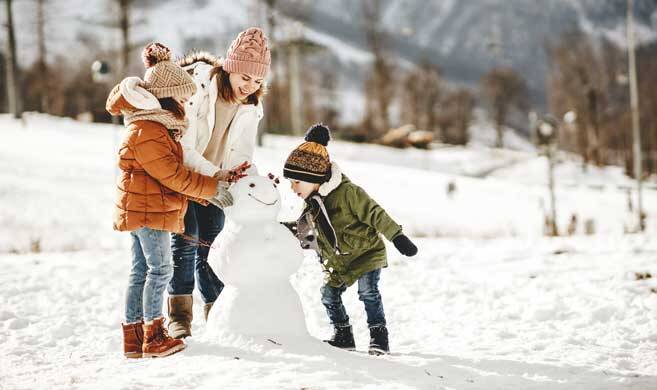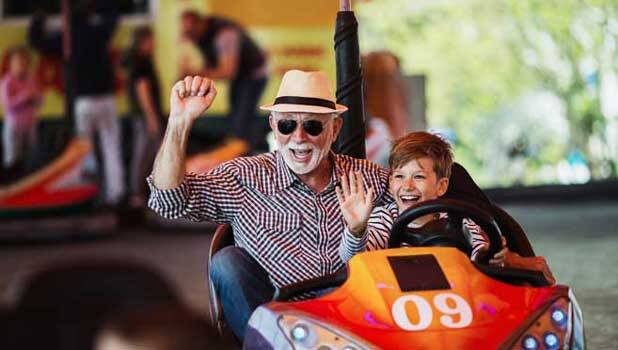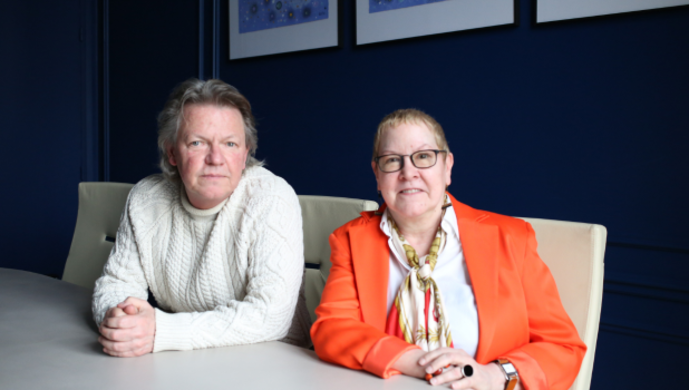In a recent paper co-authored with Lan Chaplin (University of Illinois-at Chicago), Ayalla A. Ruvio (Michigan State University), and Kathleen D. Vohs (University of Minnesota), which appeared in the International Journal of Research in Marketing, we made comparisons between the level of happiness children derive from material goods with the level of happiness children derive from experiences.
Across three studies with children and adolescents, we demonstrated that children from 3 to 12 years old derive more happiness from material things than from experiences. However, older children (adolescents from 13 to 17 years old) derive more happiness from their experiences than from their possessions.
Children derive more happiness from material things; adolescents derive more happiness from their experiences.
We point out that children enjoy experiences in the moment (otherwise Disneyland might not be so successful), but when asked what makes them happy, they tend to name possessions more frequently than past experiences.
Why is this the case?
Long after children have unwrapped their stuffed animals and toys, there will still be a physical reminder to give them a “jolt” of happiness. However, young children can’t see or touch experiences after they have ended, making it harder for them to appreciate experiences long after the event is over.
Since memory is developed over time, it’s likely that children, especially young ones before 13, may not derive as much happiness from past experiences as from possessions. But with age, creating new memories and exploring new interests may become far more valuable than acquiring new possessions.
In addition to memory improvements with age, children also refine what we call their Theory of Mind skills, which refers to the ability to comprehend that others may have beliefs different from one’s own, which is closely linked to empathy and social skills. Thus, as these abilities develop, shared experiences may be better understood for their value in enhancing relationships.
How can parents help their young children value experiences?
As lead author Chaplin says, “There’s an easy and inexpensive fix though – take pictures or videos of family walks, playing in the snow, and birthday parties – children are likely going to appreciate those experiences more if there is something to remind them of the event. Additionally, they’ll be able to learn the social value of shared experiences.”
And, what gifts might be most appreciated by adolescents?
Although adolescents may have specific material things on their gift wish lists, they might also enjoy receiving experiential gifts, something that parents don’t always think about. Lessons for something that interests your teen, or a shared day of activities, or even a weekend trip might be valued highly by adolescents (and also by younger children).
Give your children and adolescents experiential gifts!













